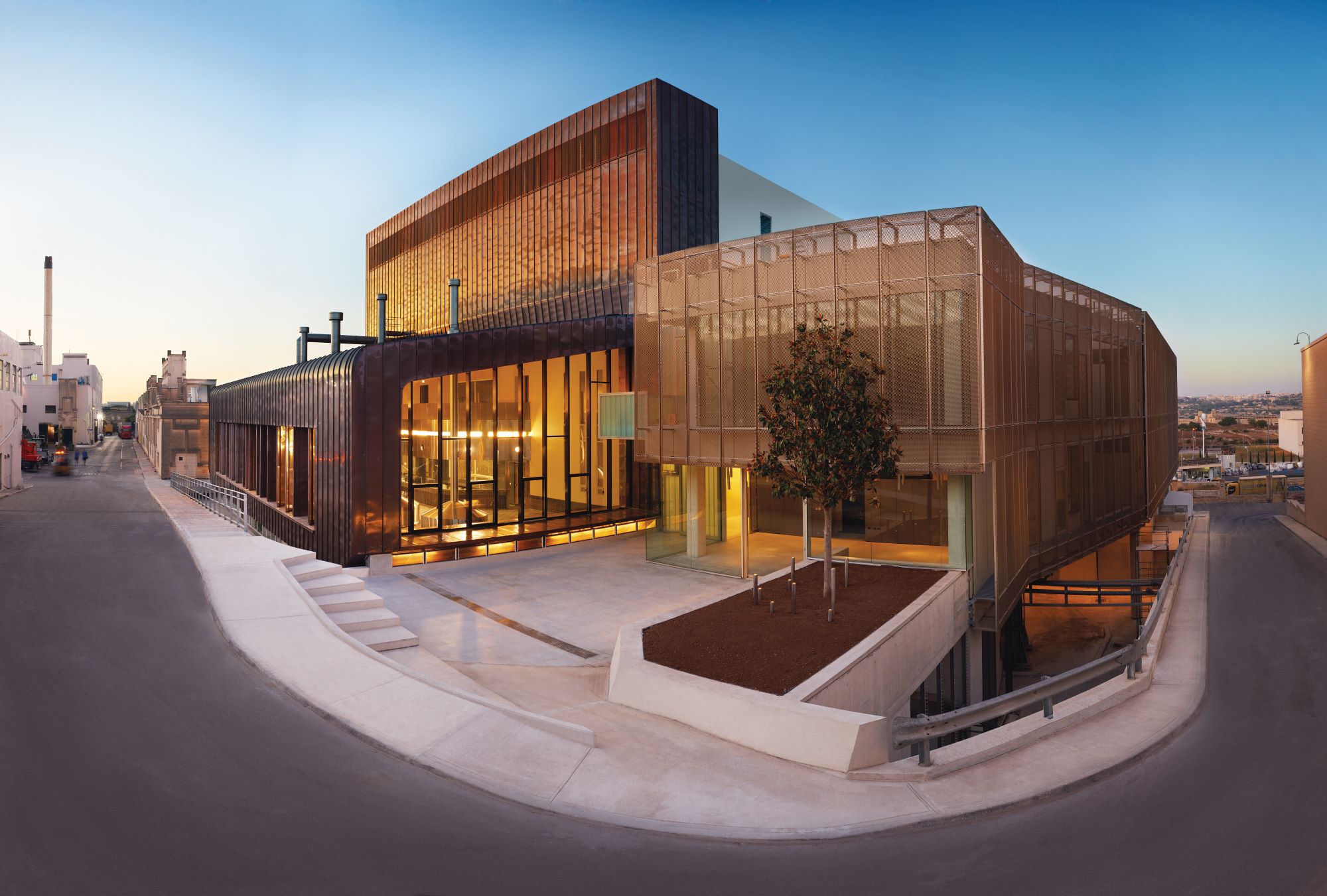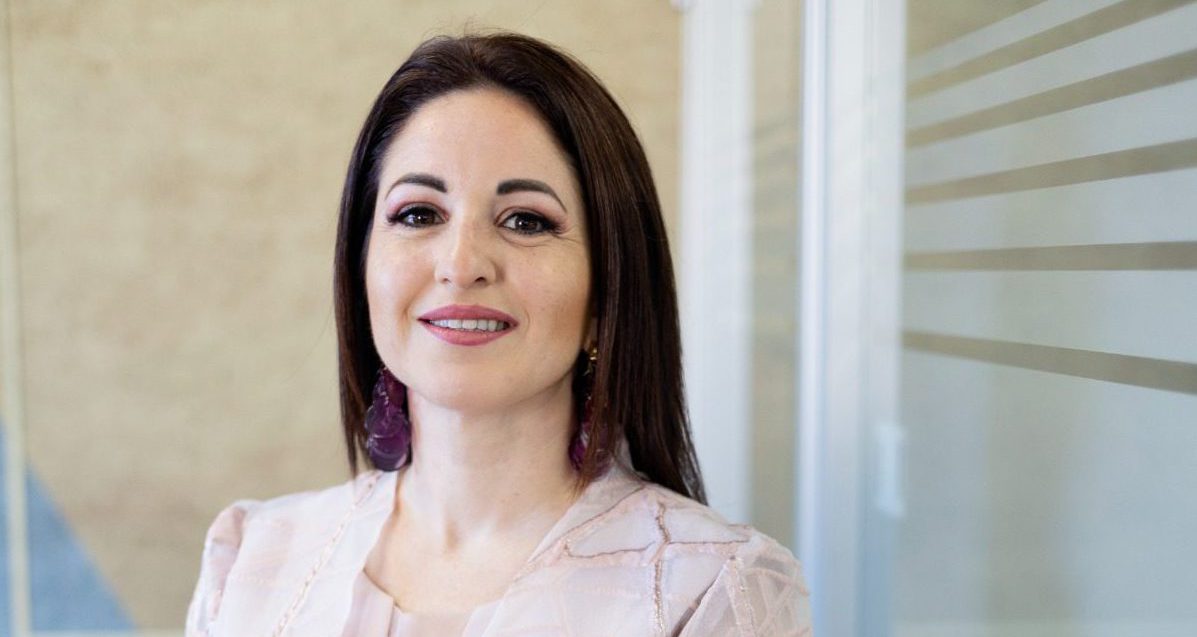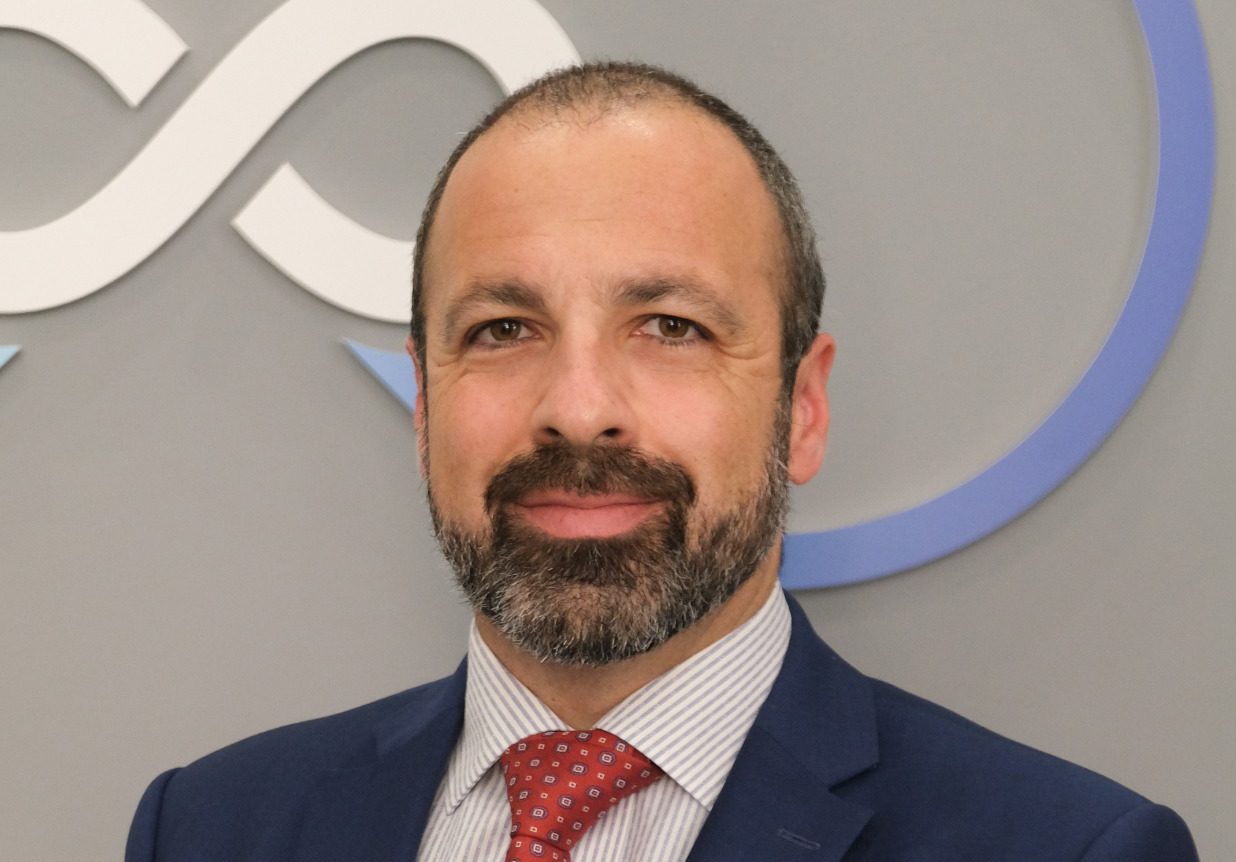An age-old adage has continued to ring true in the competitive world of business: excellence, far from being optional, is an absolute necessity.
This principle has served as something of a guiding light for Farsons, charting their path to success right from the outset, when in 1928, the visionary Lewis V. Farrugia and his family embarked on a bold venture – establishing Malta’s first local brewery. At that time, with the British Armed Forces constituting the primary beer audience on the island, the Farrugias understood that quality would be the decisive factor in their battle to compete with well-established British beer imports that held sway over the market.
Straight out of the gate, Farsons launched its own Pale Ale, an exceptional brew that featured an arresting watercolour of Neptune on its label. It wasn’t long before the beer earned the endearing nickname ‘il-birra tal-ġgant’. And a giant it was. It took the market by storm, captivating the taste buds of Maltese and British beer enthusiasts alike.
Its rapid success even caught the attention of the H.G. Simonds brewery in Reading, which couldn’t resist the allure of a local brewery in British-controlled Malta. Just one year later, the two brewing powerhouses joined forces, giving rise to Simonds Farsons Ltd. The rest, as they say, is history, and a significant chapter of that history has been shaped by the leadership of Chairman Louis Farrugia, who has remained at the helm of the company for an impressive span of 45 years.
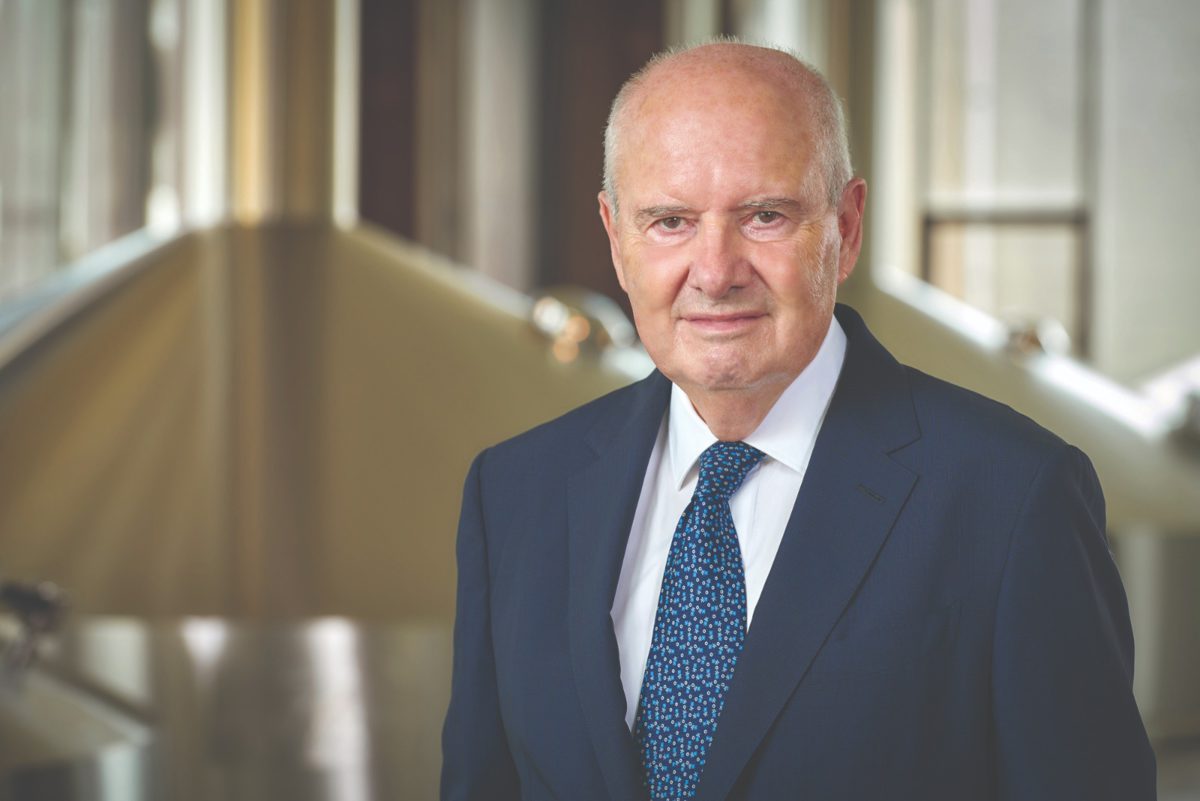
“My father, Lewis V. Farrugia, was a talented architect who played a pivotal role in the family business, designing the Farsons brewery, which is widely recognised as a gem of Art Deco architecture in Malta. Sadly, my father passed when I was just five years old, so I never had the opportunity to get to know him. Nevertheless, his achievements and contributions to Farsons were always embedded in my mind,” recounts Mr Farrugia.
After pursuing his education in the United Kingdom and becoming a chartered accountant, a young Louis Farrugia embarked on a career that kept him away from Malta for 12 years, during which he honed his professional skills in London and Italy. When the opportunity to join the family business finally presented itself, it was not a decision he made lightly. The early 1970s were a challenging period in Malta, marked by soaring inflation rates and government-imposed price controls – an ecosystem that presented obstacles for private enterprise.
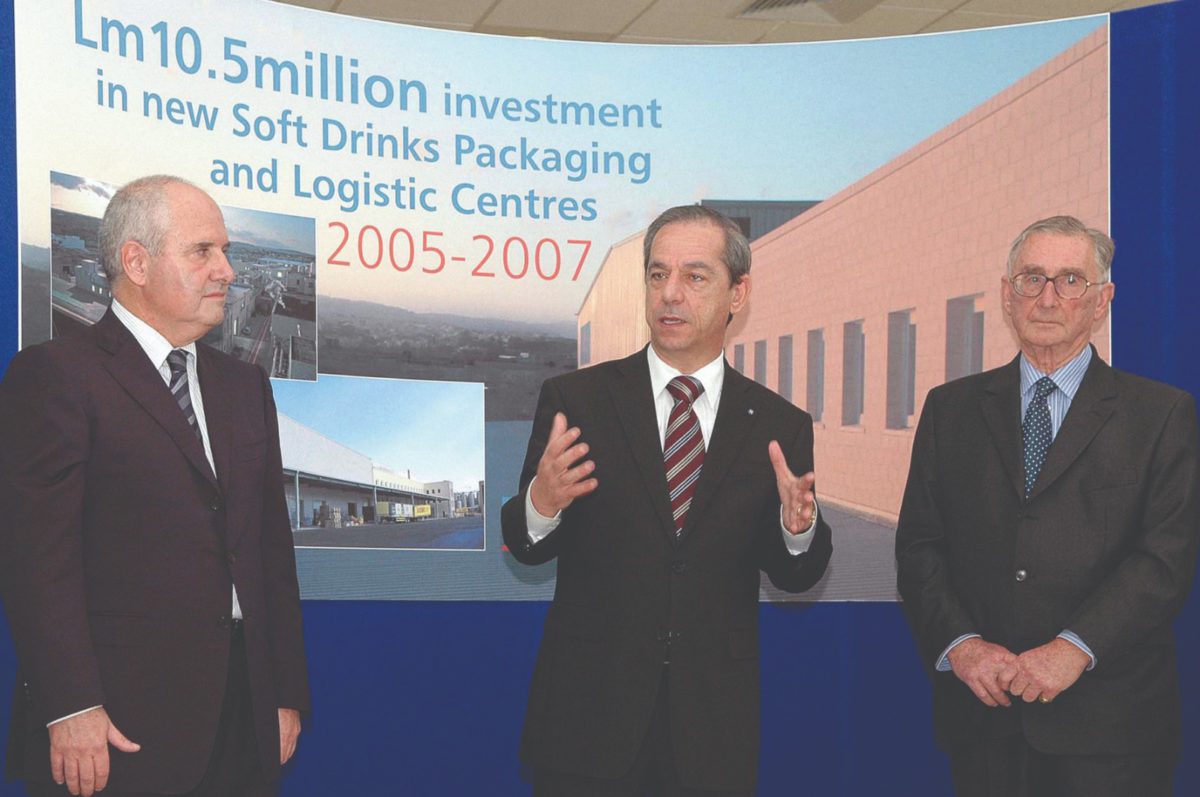
Upon joining the family business as an assistant accountant, Farrugia recognised that to propel Farsons towards greater success and evolution, he had to embrace a larger role in advocating for a lesscontrolled private sector that could strengthen Malta’s economy. “I was part of a local organisation that issued a manifesto called The Way To Economic Recovery, outlining how the private sector could contribute to a healthier economy. I’m pleased to say that over time, many of those ideas were adopted,” Mr Farrugia reveals. Later, Farsons also stood as an early proponent of Malta’s entry into the European Union (EU), at a time when the notion of an open market was unfashionable and local industries sought protection.
“Many cautioned us that joining the EU would result in losing our market share, and they were partially correct. We used to command 95 per cent of the market, a position we no longer hold. However, our decision was rooted in the belief that an open market would test us and spur improvement and competition, and we’ve been proven correct. Despite a slight dip in market share, our business has only continued to grow,” Mr Farrugia explains.
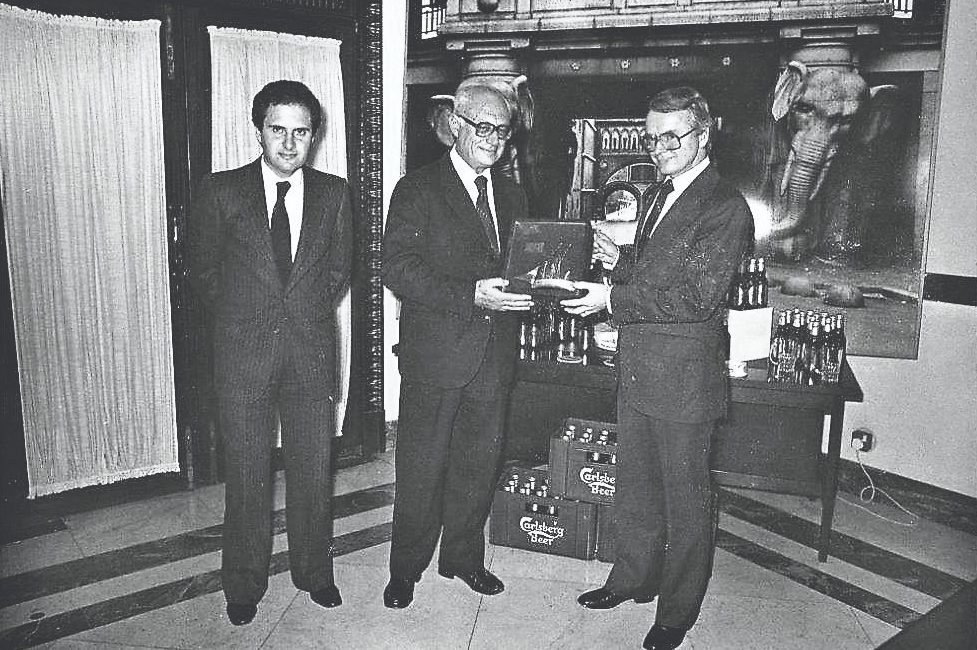
Farsons has since firmly established itself with a portfolio of renowned brands, including Cisk, Blue Label and Kinnie beverages, which have become household names across Malta. However, Farsons’ success lies not only in launching well-received brands and cruising on their popularity, but in their constant adaptation with the times.
What began as a single variation of Cisk lager beer has now blossomed into a range of successful spin-offs, including an acclaimed Excel version, a refreshing pilsner and a slightly stronger Export variant. This expansion of choices has further solidified Cisk’s position as a leading beer in Malta, earning its rightful place as an icon in the country’s industrial narrative. As the market landscape opened up, Farsons left no competitive angle unexplored, transitioning from traditional beer bottles to a diverse range of cans, a strategic move that enabled the brewery to extend its reach beyond Maltese shores.
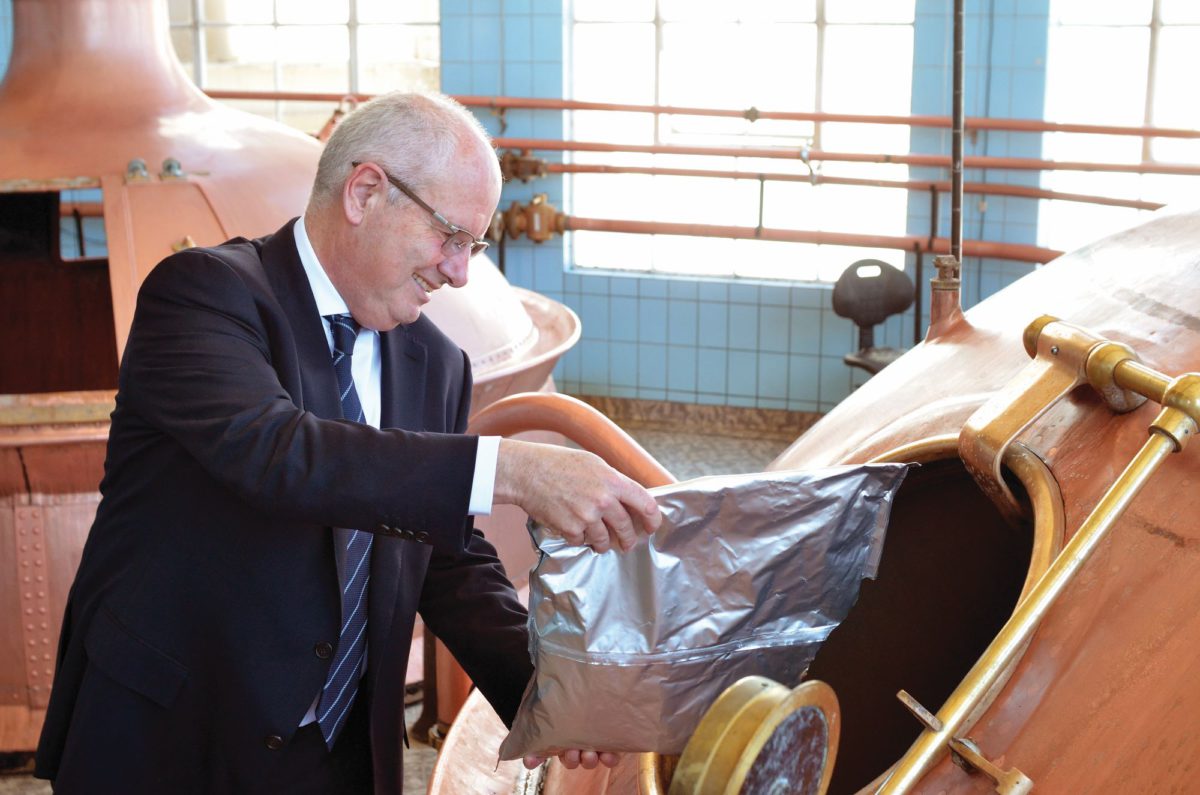
And just as the inaugural Farsons Pale Ale was a response to the dominance of British imported beers, Kinnie emerged in 1952 as a direct response to the rising global influence of Coca-Cola and Pepsi. Anthony Miceli-Farrugia, a family cousin and a key figure at the helm of the company during that era, envisioned a carbonated soft drink similar to Italy’s Chinotto. The result was Kinnie, a non-alcoholic bittersweet aperitif with an anglicised name, which over the course of its 70-year history has seamlessly joined the ranks of cherished national cultural symbols such as pastizzi, il-luzzu (Maltese fishing boat) and its equally famous Farsons-produced cousin, Cisk.
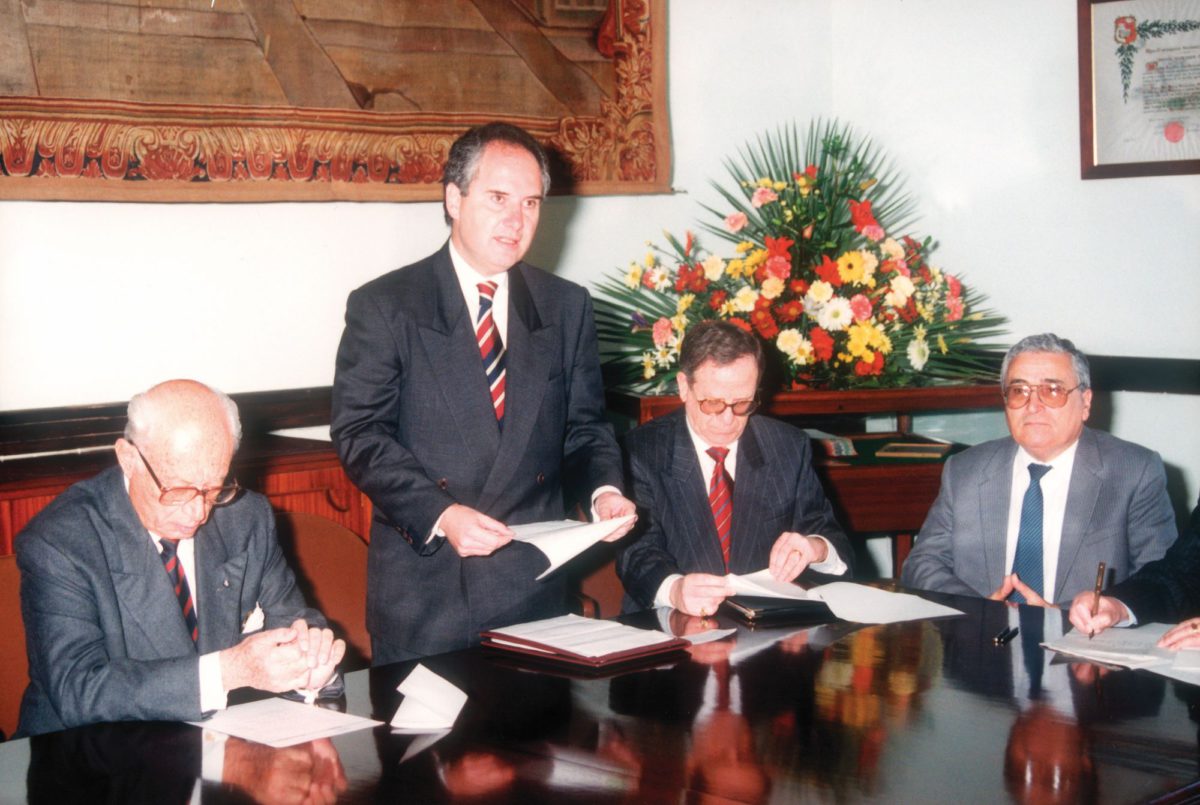
Through strategic partnerships with globally recognised brands like Pizza Hut, KFC and Burger King, Farsons also ventured into the catering and food importation business, opening up new avenues for growth and expansion. Reflecting on the decision to enter the quick-service restaurant industry and collaborate with well-established franchises, the Chairman shares insights into how the move was driven by a desire to embrace a more diversified approach to ensure the company did not rely solely on the local market for sustained growth: “We were confident in our ability to handle large multinationals due to our prior experience. We possessed valuable skills that we could bring to the table, and as a result, our foray into this sector has been successful. It has been over 30 years since we embarked on this journey, and it has strengthened our business.”
Another key contributor to Farsons becoming so popular in Malta is the company’s belief in offering people enticing opportunities to engage with its brand through unique events and initiatives. One example is the annual Farsons Beer Festival, a beloved fixture on the local summer calendar since its modest beginnings in the 1980s which continues to attract thousands of locals and tourists who come together in a celebration of live music and beer culture.
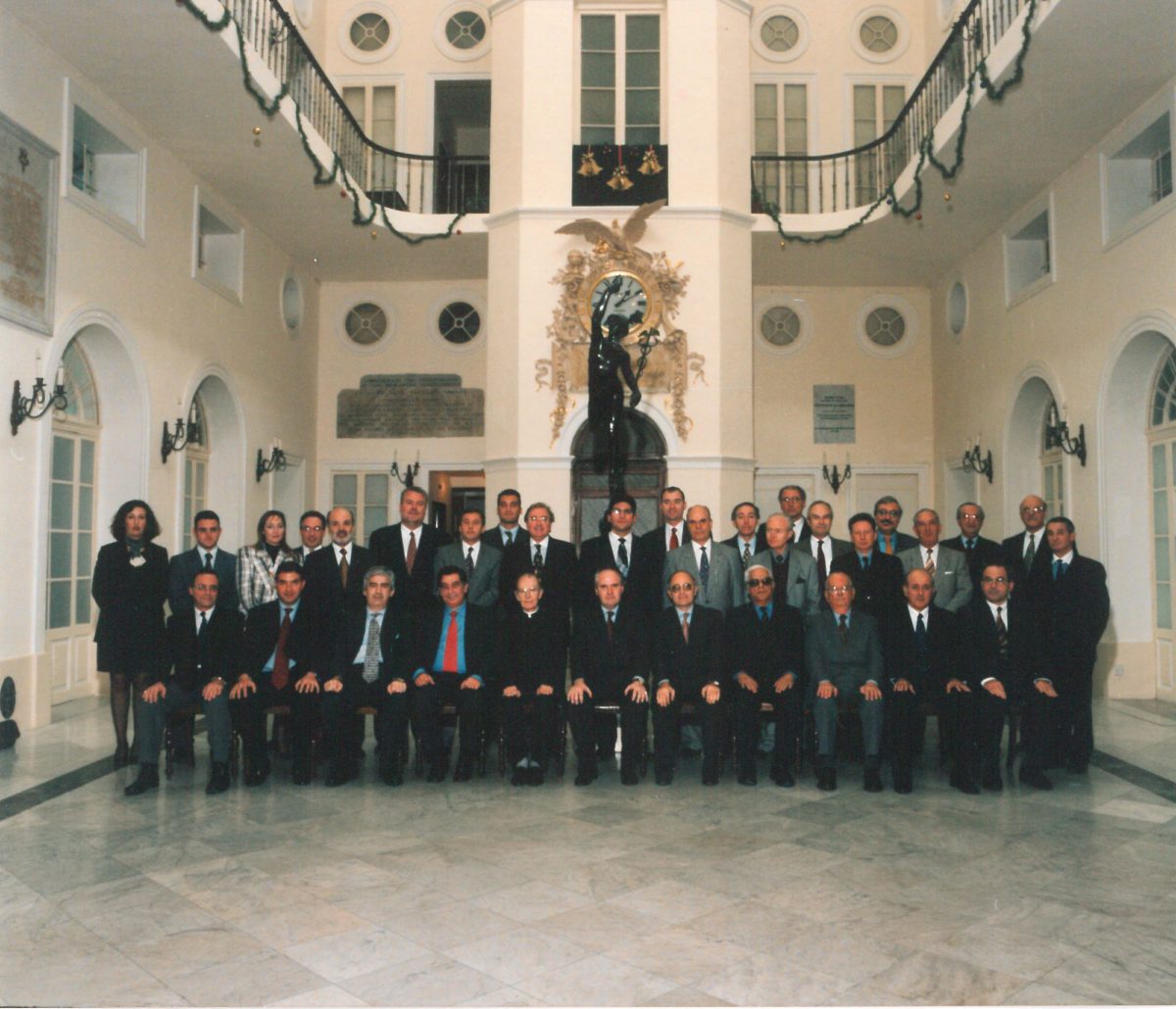
The recently launched The Brewhouse, which has been hailed as a landmark redevelopment of the Farsons brewery site in Mrieħel, continues this legacy, welcoming the public into the Farsons world through a dedicated Cisk taproom (Cisk Tap), an immersive visitors’ centre, a brand store, and more.
The Chairman emphasises the importance of finding innovative ways to engage with consumers beyond traditional advertising, stating, “we have always believed that relying solely on conventional advertising is not enough to truly embed your brand in the hearts of people. To forge a lasting connection, you need to entice them through innovative approaches that go beyond product consumption. Both our Beer Festival and The Brewhouse have enabled us to truly engage with people and become part of the social fabric of the nation.”
Despite surpassing traditional retirement age, Mr Farrugia remains dedicated to securing Farsons’ future, and is currently in the process of ensuring a seamless succession plan for the business. His visionary leadership continues to shape the company’s trajectory. While he teases countless untold plans to steer the company towards greater successes, he hopes these will be realised by the capable hands of the next generation of Farsons leaders.
As for aspiring entrepreneurs and emerging companies seeking longevity akin to Farsons, Mr Farrugia emphasises the critical importance of building trust: “Trust is the foundation that underpins relationships with your customers, clients, suppliers, employees, and even Government. It’s not just about lip service, but about delivering consistent quality and practising good governance. When trust is established and nurtured, the returns are immense as it enhances the overall performance of the company. Building trust is not just an altruistic initiative; it also brings tangible benefits to the business.”
This interview was first carried in the 2023 edition of Business Now Magazine, the sister brand to BusinessNow.mt and produced by Content House Group
Uniplural Group: ‘Our brand transformation fortifies our position as a one-stop-shop within the community’
The newly rebranded Uniplural Group provides a diversity of care services strategically united to embrace emerging growth prospects
Print&Merchandise embracing sustainable merchandising solutions
Janice Calleja, manager at Print&Merchandise, highlights the company's high-quality, bespoke services, alongside its evolution towards eco-friendly solutions
‘Regulating what is happening today is only part of what we do at the Malta Communications Authority’
Inġ Antoine Sciberras explains how the regulatory authority strikes a balance between healthy competition, and facilitating new tech investment


